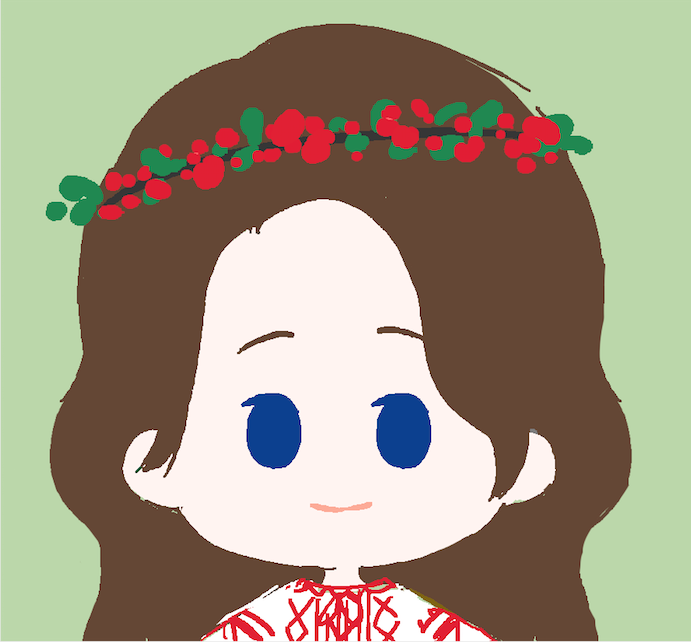1. Uchi to Soto
うち と そと
When you talk to your boss about your お父さん or お母さん, say 父 or 母. My father and mother are my own family, in other words うち, and the superior’s family are not my family, in other words そと.
Attitudes and language are different between うち and そと. When thinking about these relationships, the most important thing is to understand which group you are currently in. The group you are in changes rapidly depending on the situation, so you have to judge the situation.
うち と そと
When you talk to your boss about your お父さん or お母さん, say 父 or 母. My father and mother are my own family, in other words うち, and the superior’s family are not my family, in other words そと.
Attitudes and language are different between うち and そと. When thinking about these relationships, the most important thing is to understand which group you are currently in. The group you are in changes rapidly depending on the situation, so you have to judge the situation.


